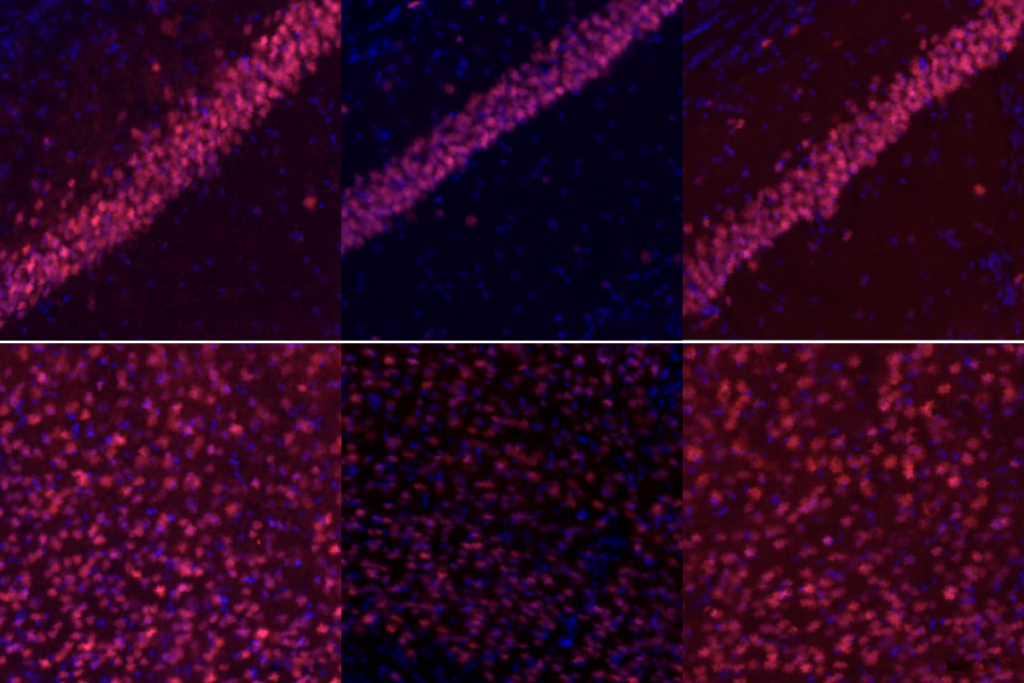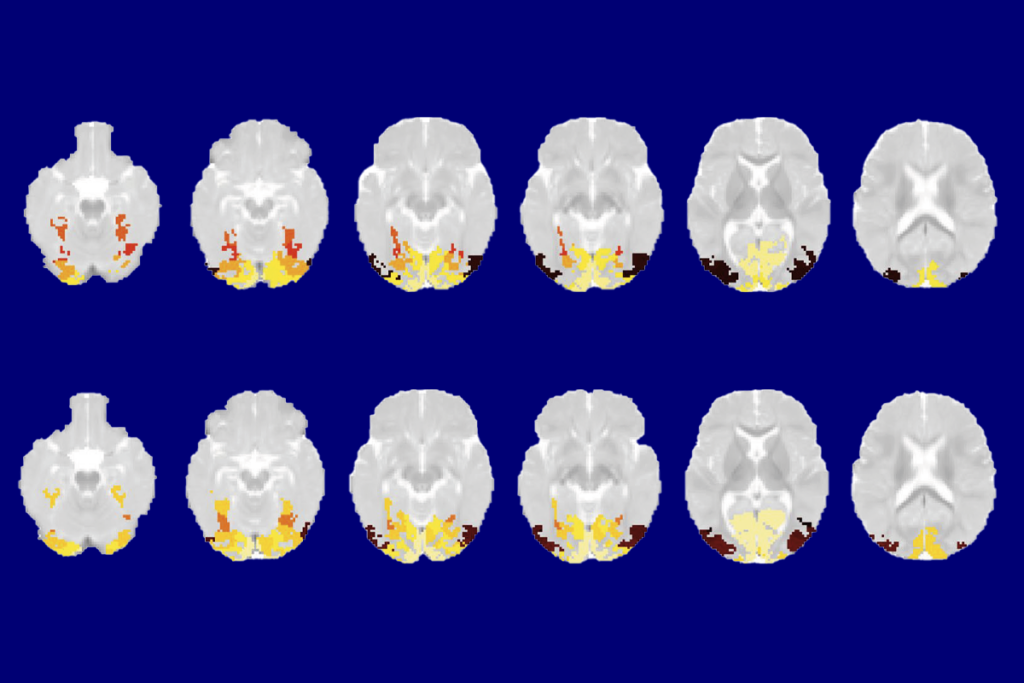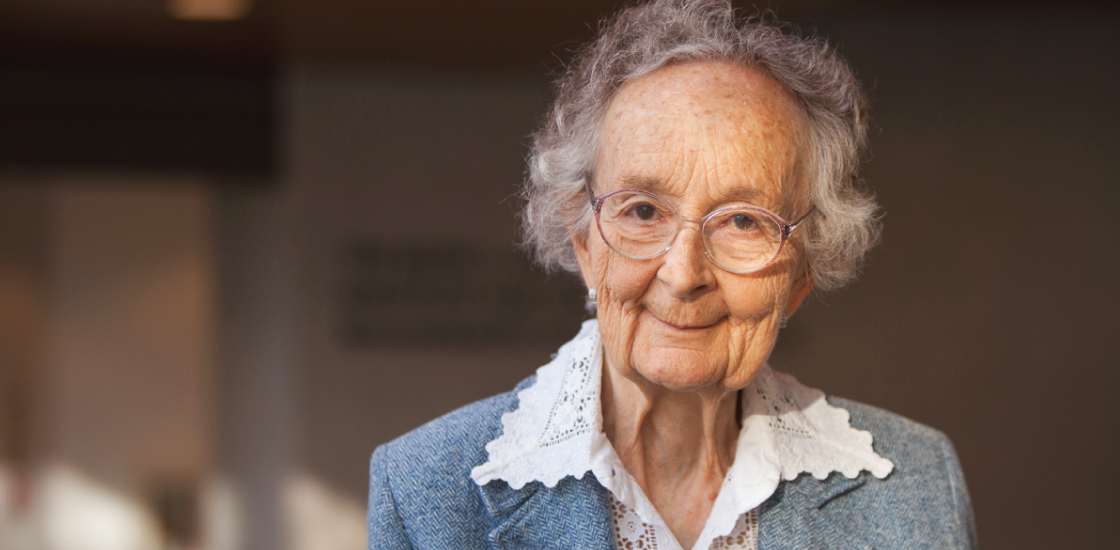Sylvie Goldman
Assistant Professor
Columbia University Medical Center
From this contributor
Remembering Isabelle Rapin (1927-2017)
Isabelle Rapin, a child neurologist who spent more than 50 years working with people with autism, passed away 24 May at the age of 89.
Valuable videos
Systematic analysis of video clips is better than questionnaires are at assessing repetitive movements in children with autism, says Sylvie Goldman.
Papers that defined diagnostic tools for autism research
It took 50 years for scientists to develop instruments reliable enough to be considered the gold standards for diagnosing autism. Autism has always been around, but it was not until the mid-1940s that Leo Kanner in the United States and Hans Asperger in Austria, both physicians, independently described children with what we now recognize as autism.

Papers that defined diagnostic tools for autism research
Explore more from The Transmitter
Marcelle Lapicque: A forgotten pioneer in neuroscience
Lapicque was the first Black woman neuroscientist in Europe, new research suggests.
Marcelle Lapicque: A forgotten pioneer in neuroscience
Lapicque was the first Black woman neuroscientist in Europe, new research suggests.
In-vivo base editing in a mouse model of autism, and more
Here is a roundup of autism-related news and research spotted around the web for the week of 23 February.

In-vivo base editing in a mouse model of autism, and more
Here is a roundup of autism-related news and research spotted around the web for the week of 23 February.
Infant visual system categorizes common objects by 2 months of age
Brain activity patterns in the ventral visual cortex appear to distinguish images across 12 categories, including birds and trees, longitudinal functional MRI scans suggest.

Infant visual system categorizes common objects by 2 months of age
Brain activity patterns in the ventral visual cortex appear to distinguish images across 12 categories, including birds and trees, longitudinal functional MRI scans suggest.
